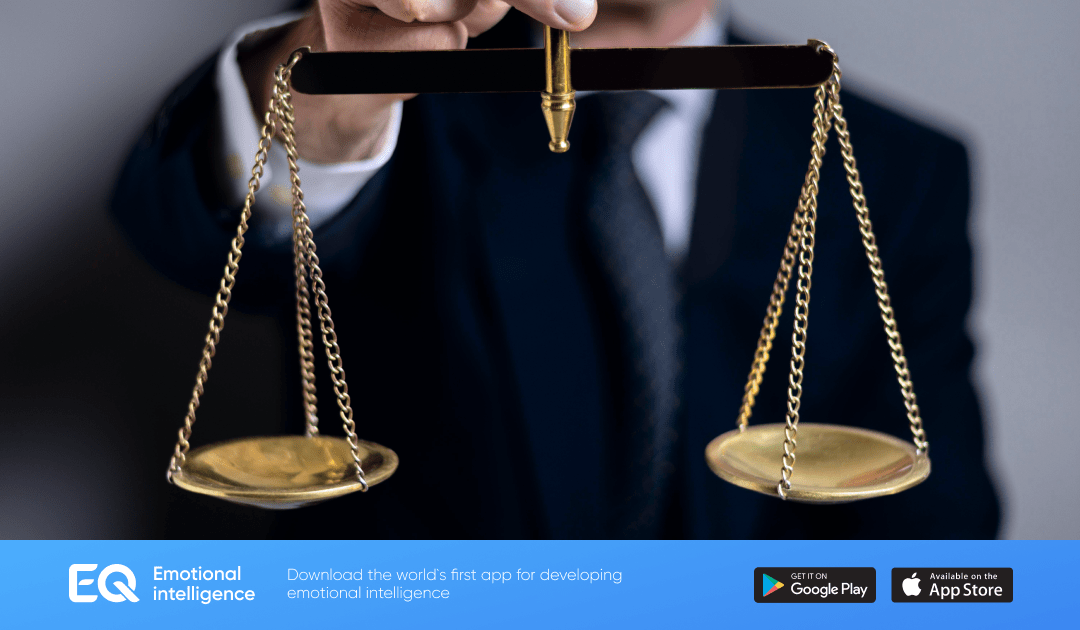What do people think is fair and what is unfair? Why is it so important that there be justice? How do they react to experiencing or observing injustice?
Justice refers to the proper order of things and persons in society. As a concept, it has been the subject of philosophical, legal, and theological reflection and debate throughout history.
According to thinkers in the social contract tradition, justice comes from the mutual consent of all concerned; or, in many versions, from what they would agree to under hypothetical conditions, including equality and absence of bias.
Justice can be considered as a separate unit ranging from benevolence, mercy, generosity, or compassion to more fundamental concepts. Research conducted at the University of California, Los Angeles in 2008 showed that responses to fairness are “hardwired” into the brain and this is consistent with the idea that fair treatment satisfies a basic need.
Justice and injustice are manifested in the way people behave towards each other:
- how they allocate resources
- what procedures people use to make decisions how respectfully they treat each other informally during face-to-face interpersonal encounters
- how they follow or break social norms and how they react to them such violations of norms
Justice is also an action according to the requirements of some laws. Whether these rules are based on human consensus or societal norms, they must ensure that all members of society are treated fairly. Issues of justice arise in several different areas and play a significant role in causing and resolving conflict.
Another definition of justice is the independent investigation of the truth. In the courtroom, the lawyers, judge, and jury must independently investigate the truth about the alleged crime. In physics, a group of physicists examines data and theoretical concepts to advise on what might be the truth or reality of a particular phenomenon.


Recent Comments